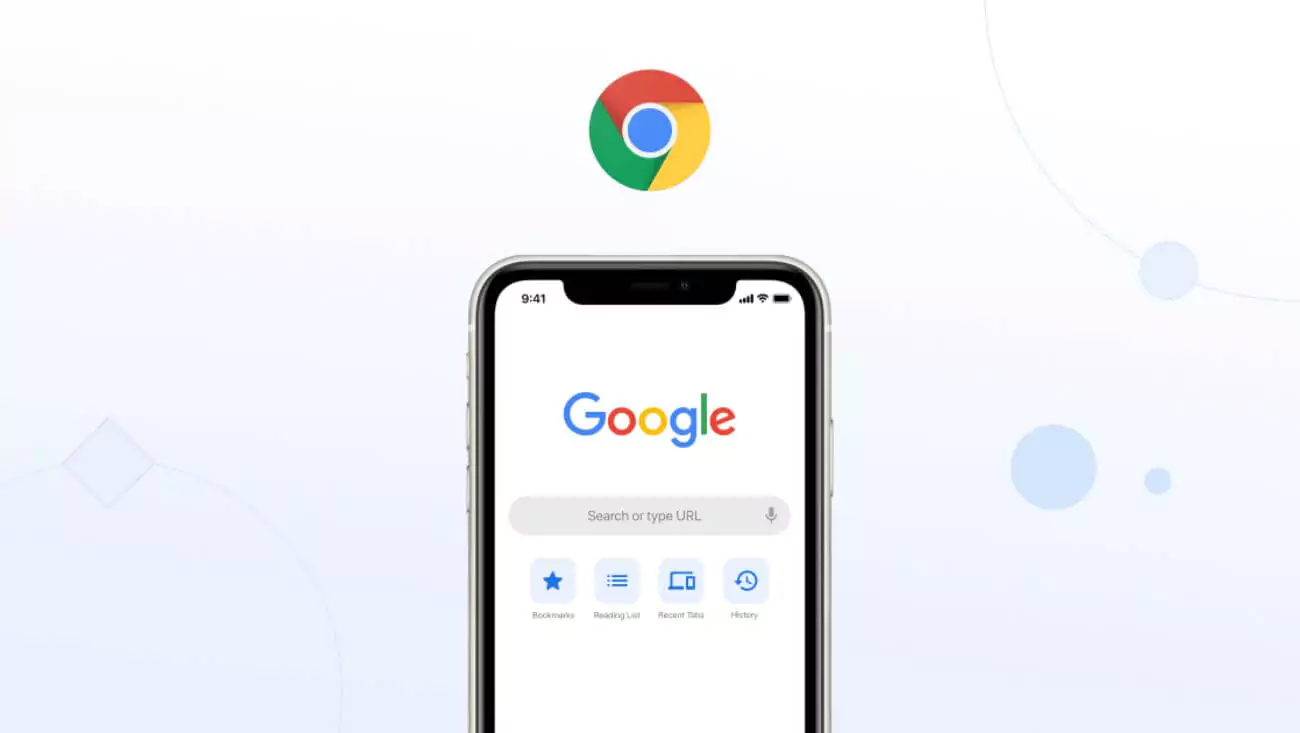April 28, 2025, Cupertino, California – Apple has issued a bold warning to iPhone users, advising them to remove Google Chrome from their devices due to significant privacy risks tied to the browser’s tracking practices. The alert highlights Chrome’s reliance on third-party cookies and its lack of user control on iOS, reigniting the privacy battle between Apple and Google. As digital privacy becomes a growing concern for consumers, Apple’s move could influence how iPhone users navigate the web and choose their browsers.
According to NY Post, Apple’s warning centers on Google Chrome’s use of third-party cookies, which Google recently decided to retain despite earlier plans to phase them out. These cookies allow advertisers to track users across websites, collecting data on their browsing habits, search history, and online behavior. On iOS, Chrome does not provide an option to disable these cookies without clearing all cookies entirely—a process that logs users out of websites and deletes saved preferences. Apple has contrasted this with its own browser, Safari, which blocks third-party cookies by default, offering greater privacy control. This issue mirrors broader concerns about in-app browser security, a topic gaining attention as platforms like Instagram enhance user control with features like locked Reels to address privacy and safety.
Apple’s campaign to highlight Chrome’s privacy risks includes a series of videos styled after Alfred Hitchcock’s The Birds, as reported by Forbes. In these ads, trackers are depicted as birds spying on users, with one video showing a user switching to Safari for protection. The campaign, dubbed Flock, takes a direct jab at Google’s earlier Federated Learning of Cohorts (FLoC) proposal, which Apple had criticized for its privacy shortcomings. Apple’s message is clear: iPhone users should prioritize their privacy by switching to Safari, which aligns with the company’s broader privacy-focused approach seen in recent iOS updates that enhance user data protection.
The privacy concerns with Chrome are particularly acute for iPhone users. AL.com notes that Chrome’s 3 billion users include an estimated 400 million on iOS, many of whom may be unaware of the browser’s tracking practices. Unlike Android, where users can disable tracking cookies, Chrome on iOS automatically enables them, leaving users with limited options to protect their data. This lack of control has fueled Apple’s criticism, especially as Google pushes to convert more iPhone users from Safari to Chrome to strengthen its search dominance—a strategy that could be impacted by shifts in the digital landscape, such as the evolution of streaming services and their influence on online behavior.
Privacy Risks and User Options
Here’s a summary of the situation and what iPhone users can do:
- Tracking Issue: Chrome on iOS enables third-party cookies by default, with no direct option to disable them without clearing all cookies.
- Apple’s Advice: Switch to Safari, which blocks third-party cookies and prioritizes user privacy.
- Workaround: Use Chrome’s Incognito Mode for better privacy, though it limits some functionality like saved logins.
- Industry Context: The warning underscores the ongoing privacy rivalry between Apple and Google.
The issue of in-app browser security adds another layer of complexity. Colitco highlights that Chrome’s tracking practices are part of a broader problem with in-app browsers, which can monitor user activity within apps like Instagram and Facebook. Apple’s App Tracking Transparency (ATT) feature, introduced in 2021, requires apps to seek permission before tracking users across platforms, but it does not fully address tracking within in-app browsers. This gap allows Chrome to collect data on iOS users, a concern that resonates with broader discussions about digital safety practices and the ethical use of user data in online ecosystems.
Apple’s warning reflects its ongoing commitment to privacy, a cornerstone of its brand identity. By contrast, Google’s business model relies heavily on advertising, which depends on extensive data collection to target ads effectively. This fundamental difference has fueled tensions between the two tech giants, with Apple positioning itself as a protector of user data while casting Google as a privacy risk. The rivalry extends beyond browsers, touching on areas like AI development, where Apple’s iPhone 16 Pro Max innovations emphasize user control and data security, contrasting with Google’s more data-driven approach.
For iPhone users, the decision to delete Chrome may hinge on their priorities. Safari offers a more privacy-centric experience, with features like Intelligent Tracking Prevention and the ability to block cross-site tracking. However, Chrome’s integration with Google services like Gmail, Drive, and Calendar remains a draw for many, especially those who rely on these tools for work or personal use. Users who choose to keep Chrome can mitigate some risks by using Incognito Mode, which prevents cookie tracking during sessions, though it lacks the convenience of saved logins and browsing history. Alternatively, users can regularly clear cookies, though this requires more effort and disrupts the browsing experience.
Apple’s warning comes at a pivotal moment for the tech industry, as privacy concerns increasingly shape consumer behavior. With regulators worldwide tightening data protection laws, and users demanding greater transparency, the pressure is on companies like Google to reform their practices. Apple’s campaign could accelerate a shift toward privacy-focused browsers, potentially reshaping the browser market. For users who create or consume digital content, tools like video editing software can also play a role in managing online presence while prioritizing privacy. As the privacy debate evolves, iPhone users face a choice between convenience and security—a decision that could define the future of online browsing.
What’s your take on Apple’s warning? Are you ready to switch to Safari, or will you continue using Chrome despite the risks? Share your thoughts in the comments, and let’s explore how privacy will shape the next era of technology.







